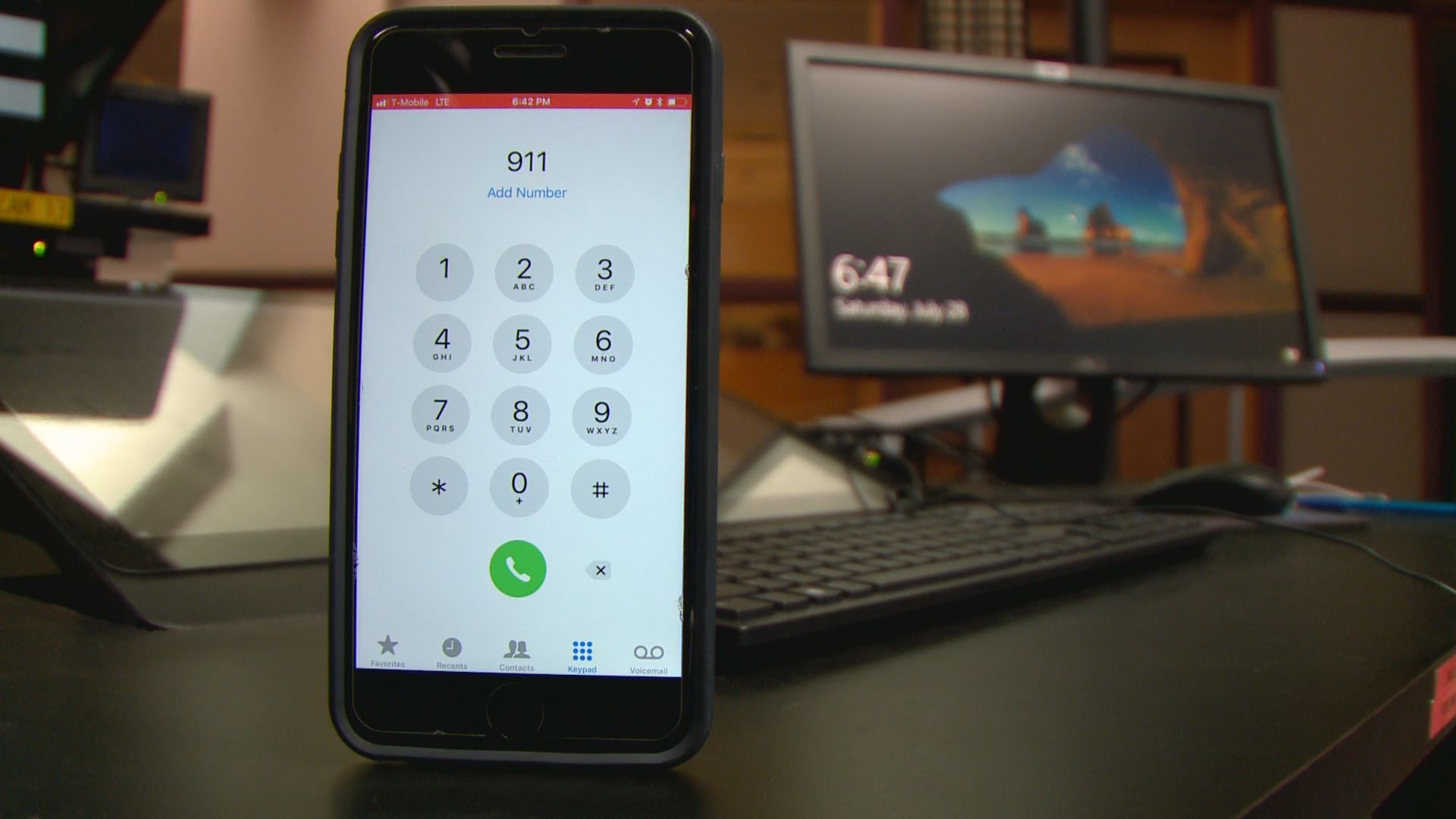DENVER — Most 911 calls lead to a person with a badge and a gun showing up, but Denver Police said not every call needs that type of response and they hope a pilot program can help better direct resources.
Denver Police Chief Paul Pazen said they currently estimate about 10-20% of 911 calls could be diverted to a trained civilian instead of an officer.
The idea is to have dispatchers direct both a mental health professional and a medic to calls they determine don't need police presence.
“This would be something where we respond, police aren’t even there or they’re there maybe as a safeguard," said Vinnie Cervantes, the Organizing Director of Denver Alliance for Street Health Response.
It's a formula that follows in the footsteps of a program called CAHOOTS that has been in place in Eugene, Oregon since 1989.
Cervantes went on a ride-along with CAHOOTS over the Memorial Day weekend.
He was part of a Denver contingent that consisted of community organizers, dispatchers, police and a state representative who wanted to see how Eugene implemented their program.
Cervantes said he watched the team help several people who were having mental health crises.
Pazen said the program would not only help people get the help they need more immediately, but it would also free up officers "to address the other challenges within the city."
The program is in the very early stages of planning and Denver's won't look exactly like Oregon's.
"I think a big difference between Eugene, Oregon, and here is the diversity," said Rudy Gonzales, the Executive Director for Servicios de la Raza and another member of the Eugene trip.
Gonzales said he hopes people with similar cultural backgrounds responding to the calls will mean less escalation to the point of arrest.
Pazen said there's no timeline or cost estimate for the pilot program, but they are "working as quickly as possible" because he recognizes there is a need for it "right now."
SUGGESTED VIDEOS | Next with Kyle Clark

